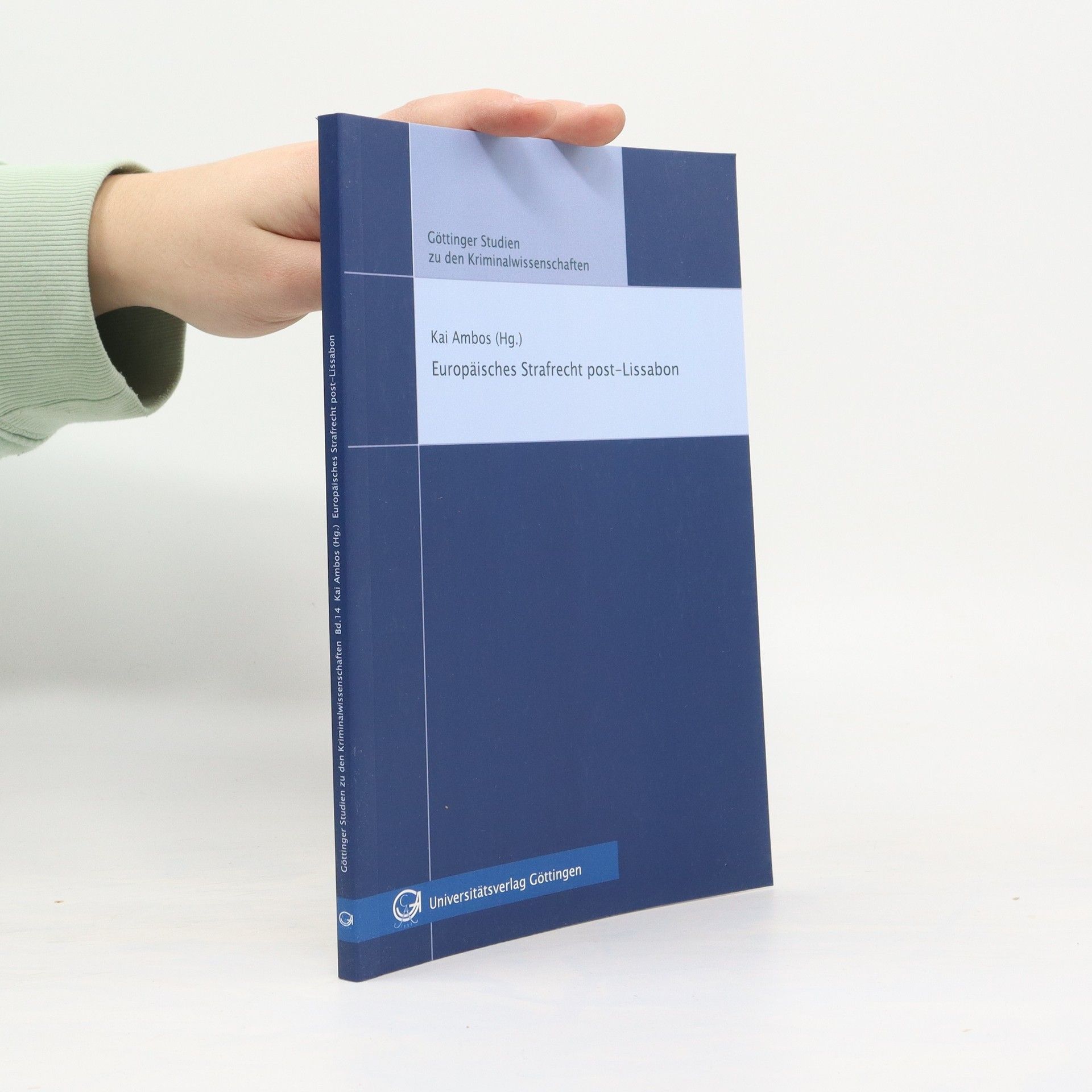Evidence in International Criminal Procedure
Article-by-Article Commentary
- 800pages
- 28 heures de lecture
This comprehensive commentary provides an in-depth analysis of evidence in international criminal procedure, meticulously examining each article. Authored by renowned experts, it covers key legal principles and practical implications, making it a crucial resource for legal scholars and practitioners. The book spans approximately 800 pages, offering detailed insights and interpretations that enhance understanding of complex international legal frameworks. Its collaborative publication with respected academic publishers adds to its credibility and authority in the field.



